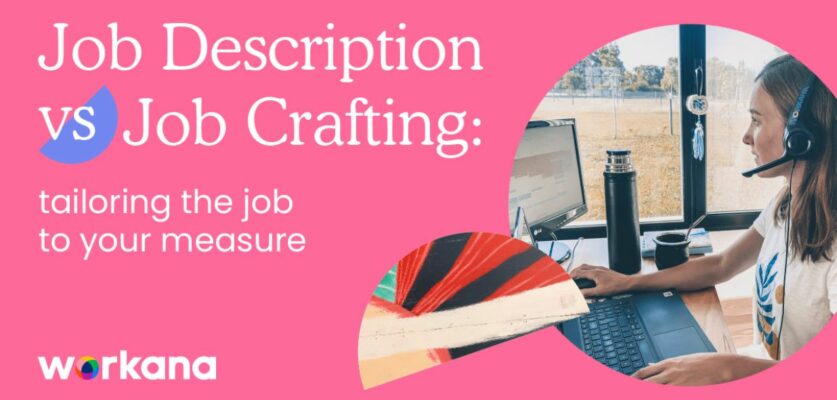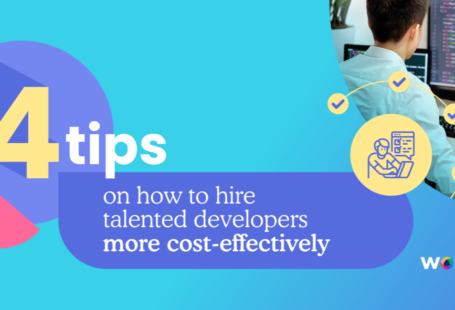Have you ever read the job description for your job, only to realize that most of the things you do aren’t even listed in the description? Let’s start with a few basic questions: What’s your job description? Do you know where to find it? How often is it updated? Who updates it?
According to HR manuals, a job description is the list of, “requirements and qualifications necessary to carry out the tasks of a job in a satisfactory manner. It’s the description of a set of tasks and responsibilities that are assigned to a person within an organization.”
In the era of knowledge, job descriptions tend to become obsolete very quickly. That’s why we should be revising them at least once every three to six months. So what’s the point of working with the original job descriptions if they no longer match your requirements?
Job crafting: what is it about?
A few years ago, the concept of job crafting started making rounds in human resource management publications. The term was coined by Amy Wrzesniewski and Jane E. Dutton. Job crafting came from the idea that everyone could proactively give their work new meaning. In other words, everyone would find their own motivation for what they did. It’s based on the individual sense of purpose and identity that everyone builds for themselves.
Based on our strengths, we determine the skills we’ll use to do our work and find others who complement our abilities in order to achieve the highest impact possible.
At Workana, we create job descriptions when we create and hire for a new role. We set clear expectations for the first month, third month, and if it’s a long term contract, for the next six months.
This allows us to establish short-term challenges. It also helps us make sure that the candidates who choose to work with us are fully aware of the immediate challenges and how they’ll shape their position going forward. At the end of every job description, we always sign off with this phrase:
“Just like with everything else at Workana, this is just our initial focus. We love people who are constantly learning and taking on more responsibilities. We try to move and learn quickly, and we hope you can contribute to helping us improve how we do things every day.”
And this is the most valuable trait that we want from people who join Workana. We want them to create their own role and show us the value they can contribute to the team by providing ideas and actions that would have never occurred to us.
Why do we force ourselves to fit into roles that don’t fit us?
Why don’t we create our own roles? This is the freelancers’ secret. They design their own careers and work on projects that strengthen their abilities. This is the future of work: on our terms.
For companies, specifically for HR departments, this means shifting mindsets to create new recruitment strategies by facilitating flexible work strategies that give everyone the ability to be their best selves professionally and personally. Strategies that give us the confidence to design our own positions while we evaluate the circumstances that we’re currently in.
In agile contexts, every professional has to constantly evaluate how their technical knowledge and skills add value to the company, and, most importantly, what areas they need to improve on so that their work makes an impact.
This is the challenge at hand. Flexibility and adaptation. Being even more vulnerable. Making our identities work for us, not making our work our identities. Achieving this requires courage, collaboration, and, above all, commitment from organizations and companies.
What do you think of this challenge? How do you experience in your day-to-day life? Tell us about it in the comments below!
 ** Article written by Emi Montiglio, Head of People at Workana
** Article written by Emi Montiglio, Head of People at Workana
—
You might also be interested:





